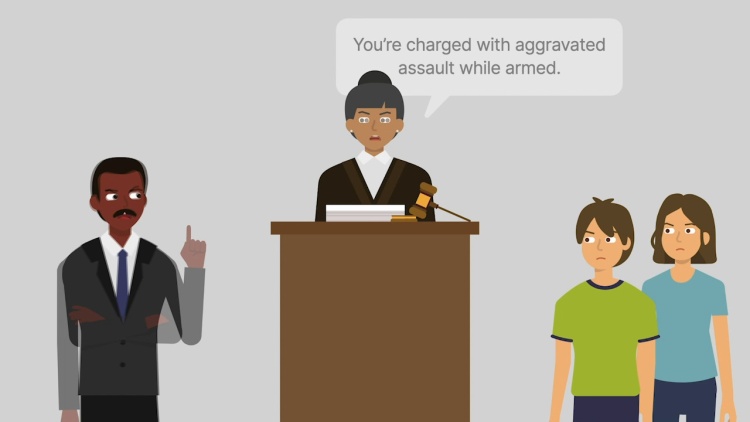Lucas v. United States
District of Columbia Court of Appeals
240 A.3d 328 (2020)
- Written by Robert Cane, JD
Facts
Under the District of Columbia’s Bias-Related Crimes Act, criminal penalties are enhanced for persons who commit bias-related crimes. One day, twins Christopher and Christina Lucas (defendants) encountered Jaye Davis, a gay man. During the encounter, the Lucas twins levied homophobic taunts at Davis. Then, the Lucas twins attacked and severely beat Davis. The Lucas twins were arrested and charged with aggravated assault. Because Davis was a gay man and under the circumstances of the attack, the government (plaintiff) sought a bias-related penalty enhancement, or enhanced sentence, contending that the Lucas twins’ motivation for the attack was prejudice against Davis for his sexual orientation. The trial court instructed the jury on how to apply bias-related penalty enhancements provided by the Bias-Related Crimes Act. During deliberations, the jury produced a note requesting clarification on the court’s instruction regarding causation. The court referred the jury to back to the court’s original instruction, which was correct. Ultimately, the jury found the Lucas twins guilty of aggravated assault with a bias-related penalty enhancement based on prejudice against Davis because of his sexual orientation. The Lucas twins appealed their convictions, arguing that conviction was not supported by legally sufficient evidence and that the trial court inadequately responded to the jury’s question.
Rule of Law
Issue
Holding and Reasoning (Blackburne-Rigsby, C.J.)
Concurrence (Fisher, J.)
Dissent (Beckwith, J.)
What to do next…
Here's why 907,000 law students have relied on our case briefs:
- Written by law professors and practitioners, not other law students. 47,100 briefs, keyed to 996 casebooks. Top-notch customer support.
- The right amount of information, includes the facts, issues, rule of law, holding and reasoning, and any concurrences and dissents.
- Access in your classes, works on your mobile and tablet. Massive library of related video lessons and high quality multiple-choice questions.
- Easy to use, uniform format for every case brief. Written in plain English, not in legalese. Our briefs summarize and simplify; they don’t just repeat the court’s language.





